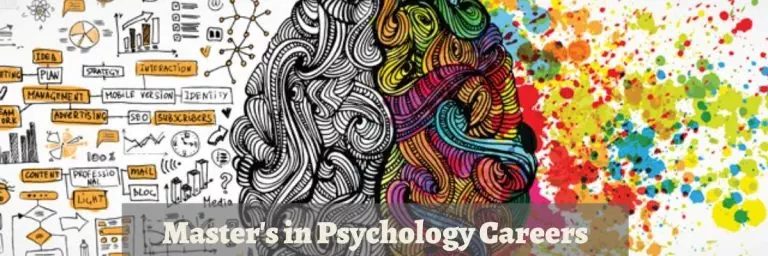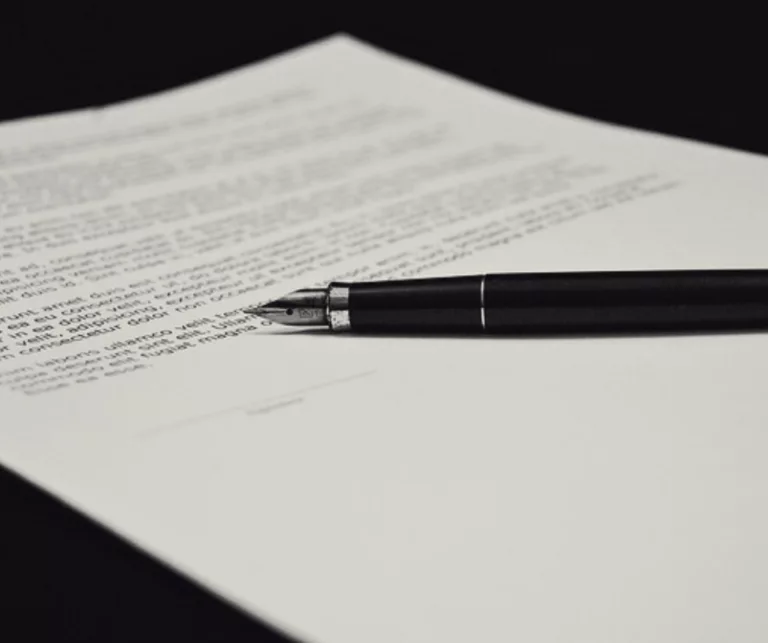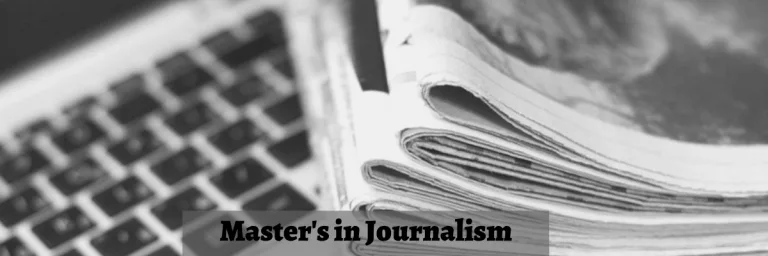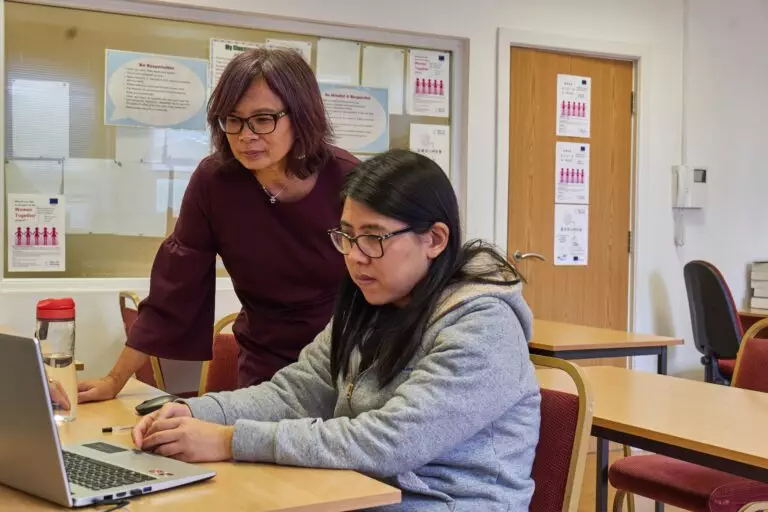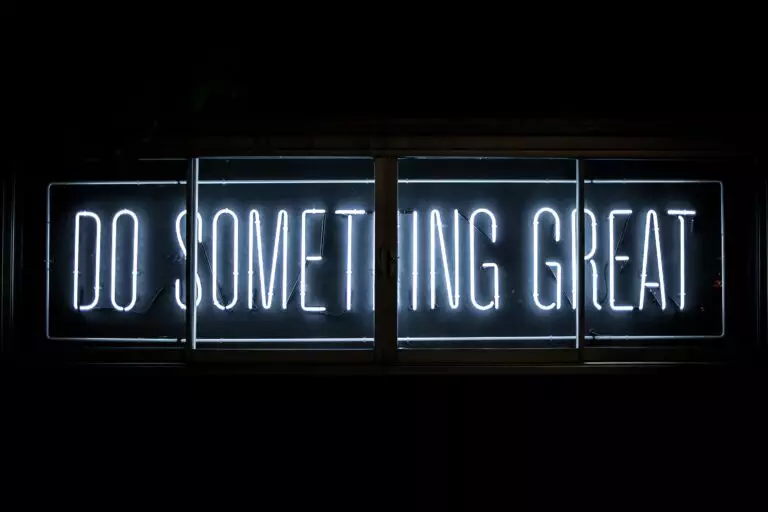Tips To Help You Clear An Important Course Interview

Have you done your homework on the schools, programmes, admissions committees, students, and alumni interviewers? Have you gone through your resume and MBA essays in detail? Have you thoroughly introspected on the top stories that you want to share during your MBA interview, and the top questions that you want to ask your interviewers? Now that you have comprehensively prepared for your interview, and feel confident about how you plan on presenting your past experiences, present state of mind, and future goals, here are some critical protocol and etiquette tips that will help you ace your interview:
1. Be on time, in this case, means to be early – You do not, under any circumstances, want to be late to your interview. Showing up on time is a clear indicator of your ability to manage your time, and tardiness will be perceived most negatively. You want to reach your interview location at least 15 minutes before the interview is scheduled to begin. Make sure that you have the interviewer’s contact information stored in your cell phone, so that you can share updates as soon as you anticipate even a 5-minute delay. Showing up early to the interview also gives you time to relax, compose, and take stock on how you are visually presenting yourself.
2. Dress well – The general rule of thumb here is that over-dressing is better than under-dressing. So when deciding what to wear to your MBA interview, your default dress code should be formal business attire, unless your interviewer specifically mentions a more casual dress code option. Essentially, you would want to dress for your MBA interview in the same way that you would for a job interview at a large company.
3. Exercise basic etiquette – You must build a positive, engaged conversation throughout your interview process. This begins with being polite towards any administrative staff who you encounter in offices before or after your interview, without being over-friendly or facetious. Offhand remarks have a way of making it to the admissions committee, which you would clearly want to avoid. Make sure to greet the interviewer at the beginning of the interview, and to thank him/her at the end of it. Take physical copies of your resume with you, in case the interviewer needs one. Keep your phone in airplane mode, or better yet, completely off.
4. Strike the right tone – During the interview, maintain a friendly, engaged tone with your interviewer. Ensure that you do not respond negatively to any comments or questions. If you feel thrown off, ask for a minute to re-balance yourself so that you can think about and communicate your best response. Showcase your genuine enthusiasm for the school and programme through insightful and honest answers that best reflect your experiences and personality, rather than by speaking aggressively or too quickly. Show confidence and build trust by maintaining eye contact with the interviewer, as a lack thereof is likely to make you come across as someone who is disengaged and has poor communication skills. If you have your resume with you, use it as a reference tool if only truly required; otherwise, you should be well prepared so that you do not feel the need to glance at it at all.
5. Remember to just be yourself! Be the best version of yourself – authentic, engaged, and confident. Share stories that have genuinely had an impact on your life, and make a list of these experiences in advance. The tiniest inkling of phoniness will be immediately perceived by the admissions committee, especially since they have significant experience conducting interviews. So remember to put forward the best version of your true self!
6. Pay attention to your body language – The way that you present yourself is of critical importance. Your interviewer is going to be adjudicating on the entirety of his or her interaction with you, which ranges from your background and experiences, your ability to articulate yourself, as well as the way in which you communicate with your body language. You want to sit upright and at the edge of your seat to show that you are both engaged and passionate throughout the conversation.
7. Make sure you have your own set of questions for the interviewer – The questions from your interviewer will be centered on determining whether you are a good fit for their specific MBA programme. Usually at the end of the interview (depending on whether it is more formally formatted or conversation-based), you will be given a cue to share any specific questions that you may have for them. Although this is optional, by asking relevant, well thought-out questions, you have a chance to make a strong impression.
8. Follow up with a thank you note – At the end of the interview, ensure that you have requested the interviewer for his/her business card and/or contact information. To demonstrate courtesy and develop a rapport with the interviewer, it is imperative that you send an email within 24 hours of the interview, thanking him/her. Most interviewers expect these emails. The thank-you note should be written separately to each interviewer, and reiterate the critical components of your conversation. Make sure to reflect your sincere gratitude and reconfirm your passion for and commitment to the specific MBA programme and school.
Good luck with your interview!
Source: FWB Staffing Services.
ReachIvy sincerely hopes that this article serves as a critical tool to increase your knowledge base. For study abroad consultation or career counselling with ReachIvy, Submit a Query now! Also, review our resources to access our free premium content.
This article was also published in The Better India on 07/02/2017.

